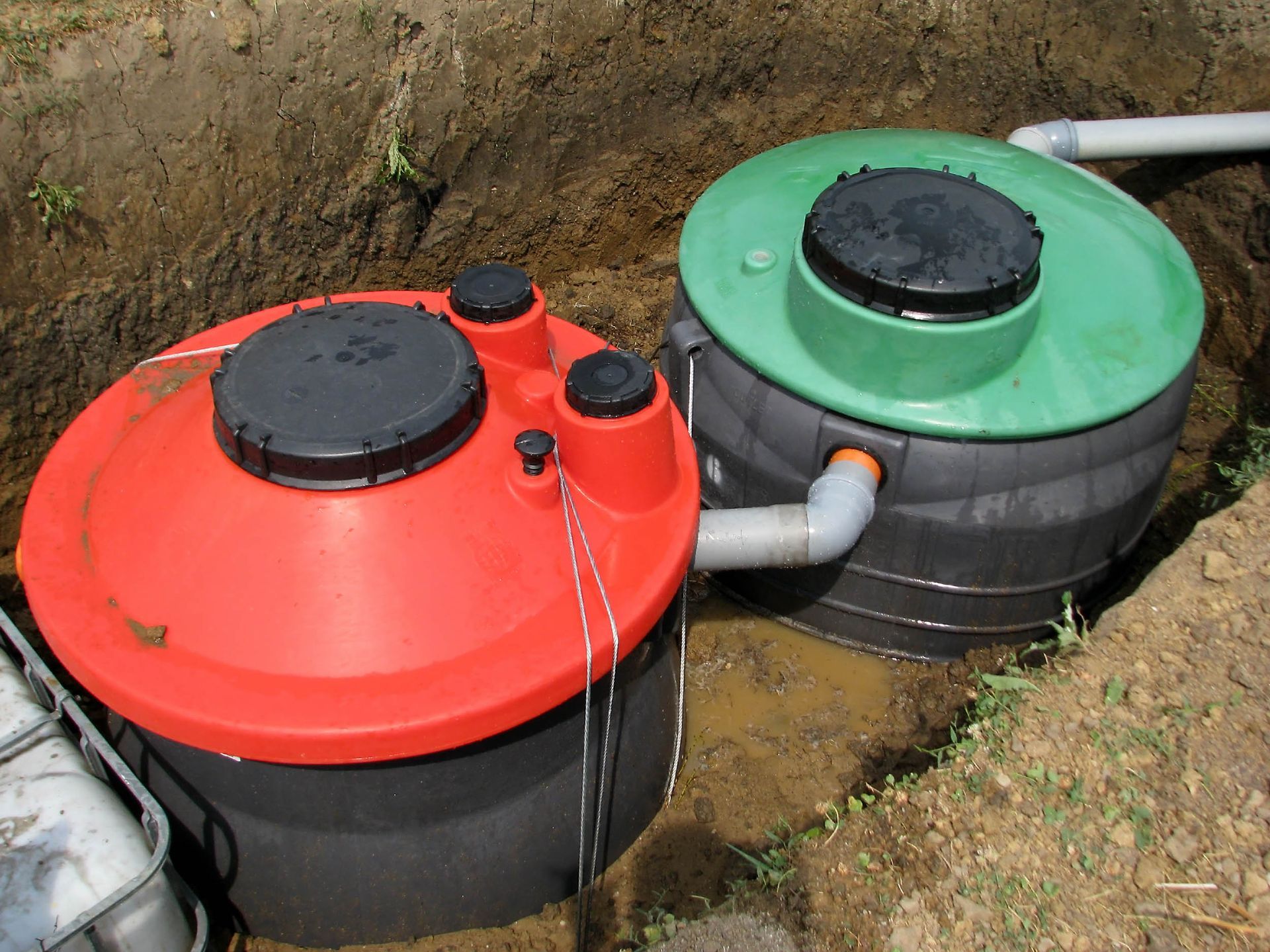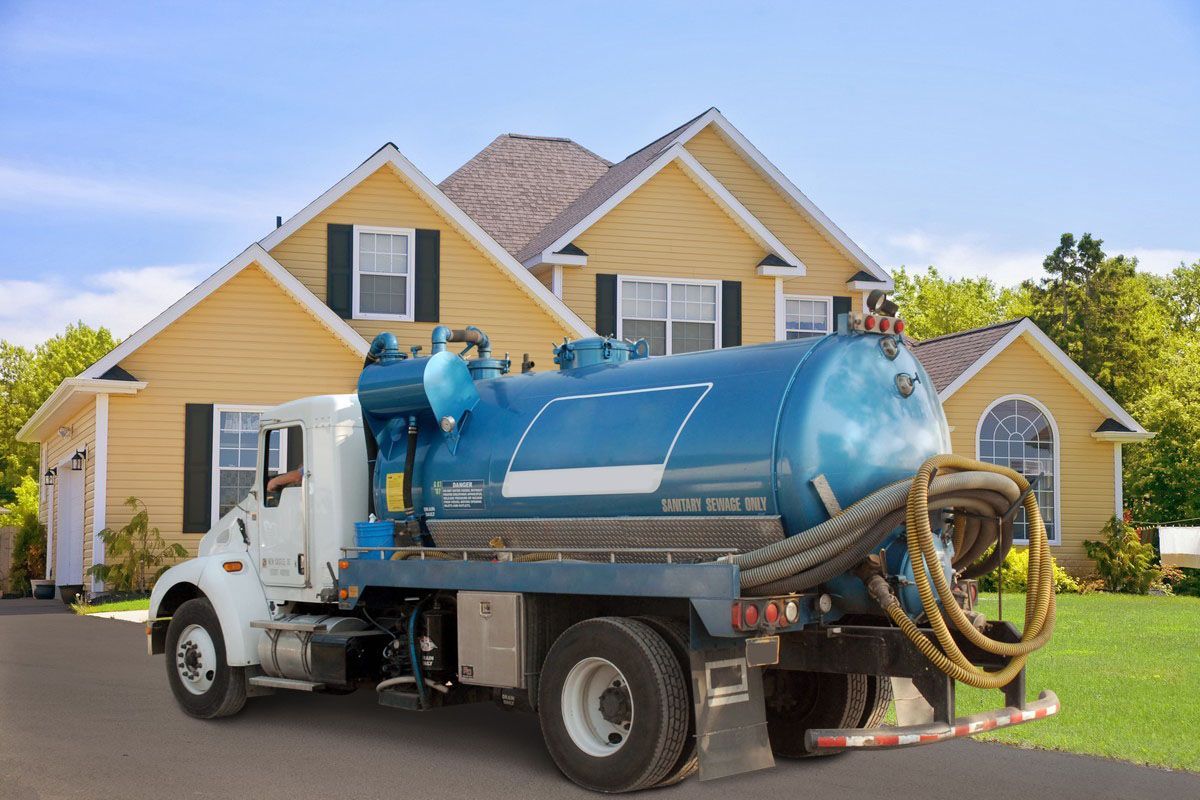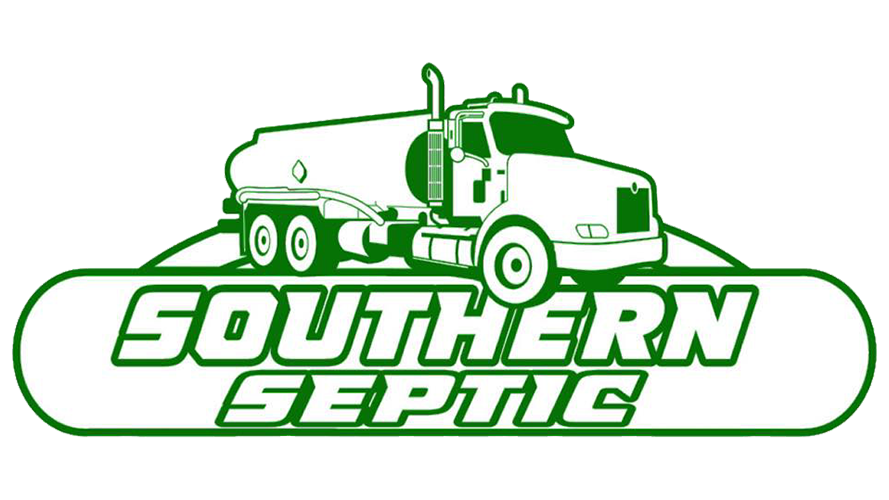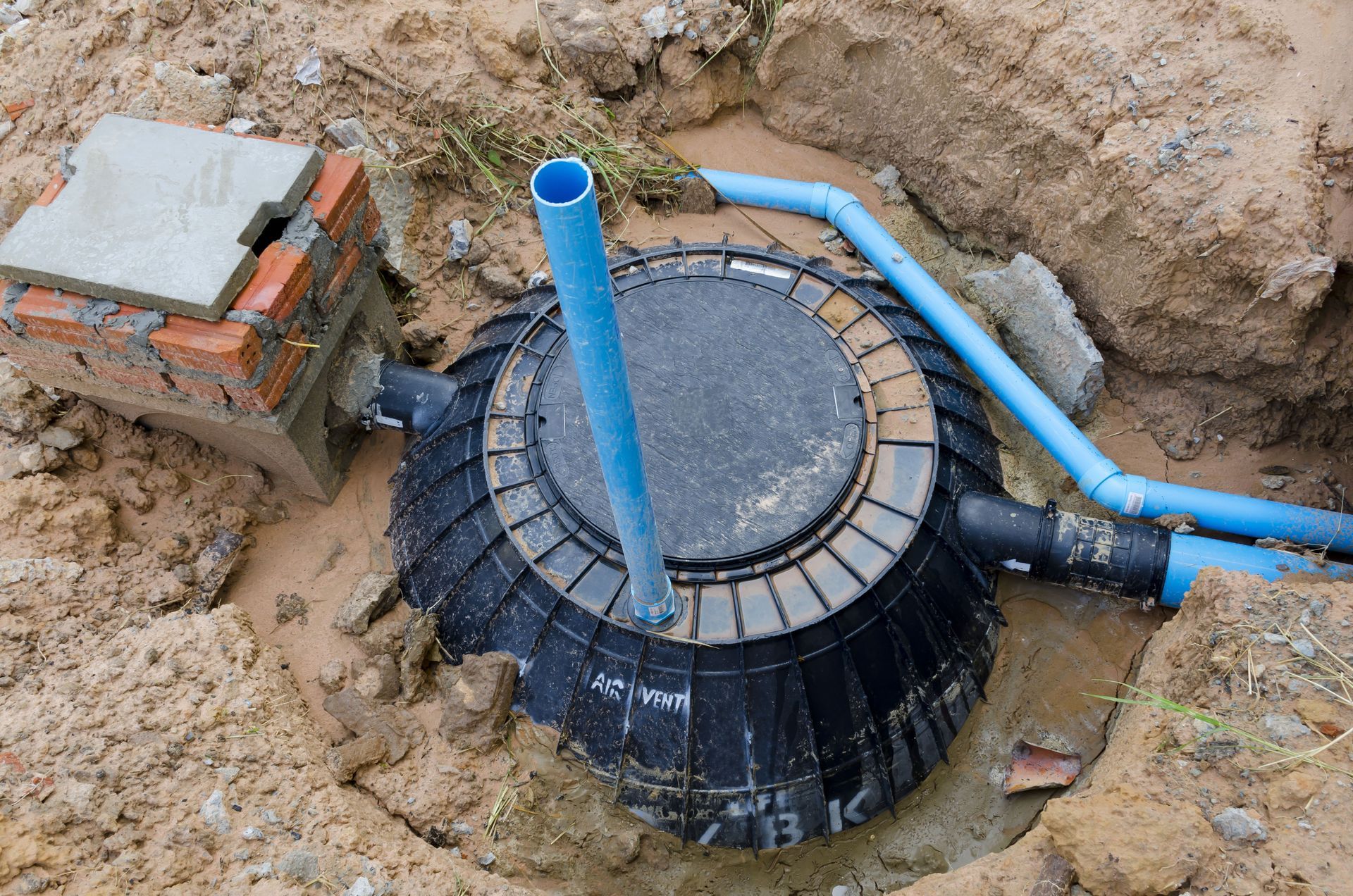10 Benefits of Performance Based Septic Systems
Performance based septic systems represent a modern approach to wastewater management, offering significant advantages over traditional septic setups. These systems are designed to operate efficiently while protecting the environment, enhancing community health, and reducing long-term costs. Let's explore the many benefits of these septic systems, highlighting their environmental, operational, and economic value for homeowners and communities alike.
Understanding the growing importance of these systems is crucial. As urbanization increases and environmental pressures mount, conventional septic systems often struggle to meet modern standards for efficiency and safety. These septic systems provide an innovative solution by integrating advanced technologies that improve treatment quality and minimize environmental impact.
1. Reducing Wastewater Pollution
One of the primary advantages of performance based septic systems is their ability to significantly reduce wastewater pollution. Unlike conventional systems, these advanced setups are designed to meet stringent environmental standards, effectively minimizing the release of harmful pathogens and nutrients into nearby water sources. Properly treated wastewater ensures that rivers, lakes, and groundwater remain safe for human use and wildlife.
By optimizing treatment processes, these septic systems not only prevent contamination but also support broader ecosystem health. According to This Old House, the two types of pipes associated with septic systems are inlet and outlet. Proper management of these components is essential for controlling effluent flow and preventing pollutants from entering the environment. Homeowners benefit from cleaner surroundings, while local wildlife and plant species enjoy preserved habitats.
2. Preserving Groundwater Quality
Groundwater is a vital resource, serving as a primary source of drinking water for many communities. Performance based septic systems protect this resource by employing advanced filtration and treatment mechanisms that prevent contaminants from seeping into the soil and aquifers. By reducing the risk of pollution, these systems ensure safe, reliable water for households and agricultural use.
Investing in a system that preserves groundwater can also save homeowners and municipalities money. Fewer contamination events mean less need for expensive remediation and treatment efforts. Over time, this proactive protection supports environmental sustainability while safeguarding public health.
3. Supporting Local Biodiversity
Protecting the environment through improved wastewater treatment has direct benefits for local biodiversity. By reducing the concentration of pollutants entering natural water bodies, performance based septic systems prevent eutrophication, which can devastate aquatic ecosystems. Healthy ecosystems foster diverse plant and animal populations, supporting ecological balance and essential ecosystem services such as pollination, clean water, and soil health.
Performance based systems ensure that natural habitats remain intact, minimizing the impact of human activity. This careful management contributes to sustainable communities where wildlife and humans coexist safely. Maintaining biodiversity also reduces the need for chemical interventions in agriculture and landscaping, providing additional environmental and economic benefits.
4. Mitigating Climate Change Impacts
Advanced septic systems play a role in combating climate change. Traditional septic systems often generate methane and nitrous oxide, potent greenhouse gases, as wastewater decomposes. Performance based septic systems optimize the treatment process to reduce these emissions, lowering the system's overall carbon footprint.
Some modern systems integrate energy-efficient components or renewable energy sources to power operations, further contributing to climate-friendly practices. Additionally, performance based systems are designed to adapt to extreme weather events, such as heavy rainfall or droughts, ensuring reliable operation even under changing climatic conditions.
5. Meeting Regulatory Standards
Compliance with local, state, and federal wastewater regulations is another key benefit of performance based septic systems. These systems are engineered to meet or exceed effluent quality requirements, reducing legal risks for property owners. By adhering to regulatory standards, homeowners can be confident that their wastewater management solution is safe, effective, and environmentally responsible.
Moreover, these systems support broader policy goals, encouraging sustainable development and guiding communities toward greener infrastructure. By investing in septic systems, homeowners align themselves with modern environmental initiatives and help advance regulatory compliance across regions.
6. Leveraging Technological Advancements
Performance based septic systems utilize state-of-the-art technologies, including advanced biofiltration, aeration, and smart monitoring systems. These innovations allow the systems to automatically adjust to variations in water flow and environmental conditions, maintaining optimal performance at all times. Real-time monitoring enables early detection of issues, ensuring proactive maintenance and preventing costly failures.
The materials and components used in these systems are also designed for longevity. Corrosion-resistant tanks, durable pipes, and efficient aerators reduce wear and tear, extending the life of the septic system. Homeowners benefit from fewer disruptions, lower maintenance costs, and a reliable wastewater solution for decades.
7. Reducing System Failures
A common issue with traditional septic systems is the frequent occurrence of backups, blockages, or mechanical failures. Performance based septic systems mitigate these risks through advanced diagnostics and continuous monitoring. Potential problems are detected before they escalate, preventing environmental contamination and expensive repairs.
This reliability ensures that homeowners can rely on their septic system without frequent interruptions. Reduced failures also mean less strain on local wastewater infrastructure, benefiting entire communities.
8. Providing Sustainable Long-term Investment
Though performance based septic systems may require a higher upfront investment, they offer significant long-term savings. Reduced repair costs, lower energy use, and longer system life contribute to a better return on investment over time. These systems not only protect the environment but also enhance property value by offering modern, efficient wastewater management.
For homeowners and communities, this financial sustainability makes these septic systems a sound, forward-looking choice. By prioritizing both environmental and economic benefits, these systems offer a balanced, sustainable approach to managing wastewater.
9. Enabling Tailored Maintenance Plans
Every performance based septic system benefits from customized maintenance regimens. Sensors and monitoring technologies track system performance, alerting homeowners to potential issues and ensuring maintenance is only performed when necessary. This approach prevents unnecessary service visits, reduces costs, and extends the life of the system.
Tailored maintenance also protects critical components such as inlet and outlet pipes, which are essential for safe and effective wastewater treatment, according to This Old House. By maintaining these components properly, homeowners minimize contamination risks and uphold the system's environmental integrity.
10. Ensuring Cost-Effective Operations
Efficiency and reliability translate directly into cost savings. Performance based septic systems require less energy, fewer repairs, and minimal intervention, making operations more affordable over the system's lifetime. Additionally, their adaptability to changing regulations and environmental conditions helps avoid future compliance costs, ensuring long-term economic viability for property owners.
The cost-effectiveness of these systems supports not only individual households but also local economies. By promoting responsible resource use and supporting green infrastructure, performance based septic systems encourage sustainable development and create opportunities for local employment in installation, maintenance, and system monitoring.
Septic systems offer a comprehensive solution for modern wastewater management, combining environmental protection, operational efficiency, and economic benefits. By reducing wastewater pollution, preserving groundwater, supporting biodiversity, and mitigating climate change impacts, these systems safeguard both local ecosystems and public health.
Technological innovations, reduced system failures, tailored maintenance, and cost-effective operations make performance based septic systems a sustainable, long-term investment for homeowners. They also contribute to broader community well-being by lowering household expenses, creating jobs, and enhancing property values.
For homeowners in West Palm Beach and surrounding areas, choosing septic systems is an investment in cleaner water, a healthier environment, and a more resilient community. By embracing these advanced solutions, individuals and neighborhoods can enjoy both immediate and long-lasting benefits, ensuring that septic infrastructure meets modern demands while supporting environmental and economic sustainability. For expert installation and maintenance of performance based septic systems, contact Southern Septic today to ensure your home's wastewater management is efficient, reliable, and environmentally responsible.





Share On: